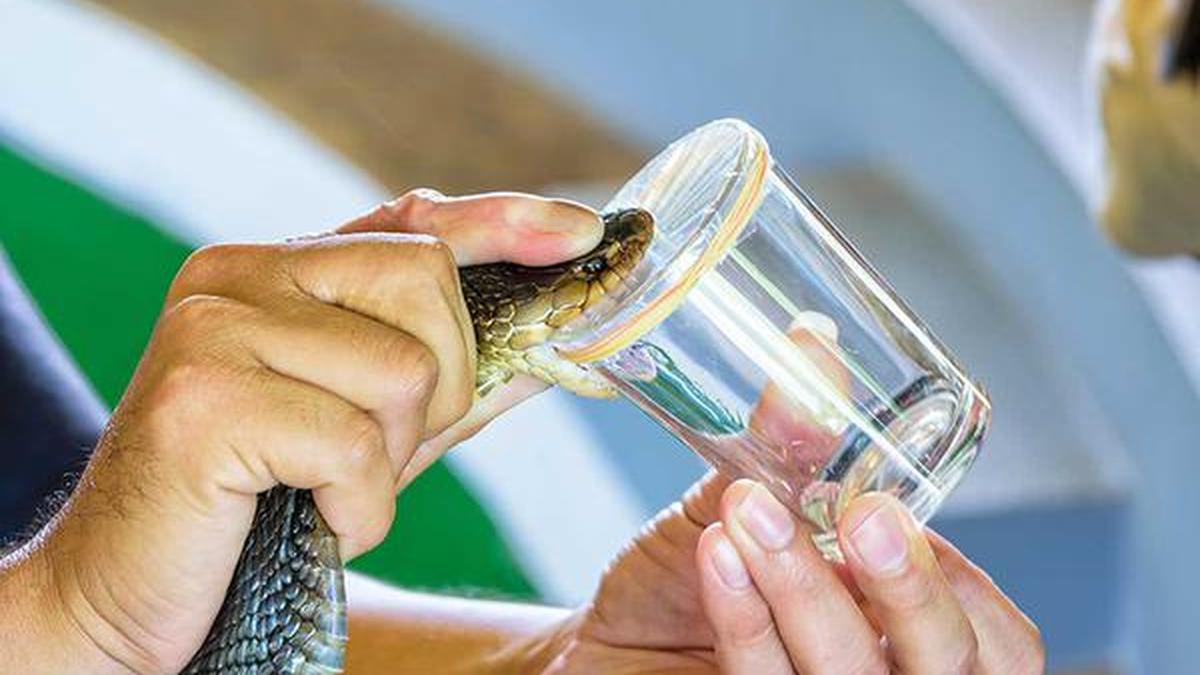Representative image. An American man named Timothy Friede has subjected himself to more than 200 snakebites and 700 injections of venom over 18 years.
| Photo Credit: Getty Images/iStockphoto
For millennia, there have been stories of people who tried to make themselves immune to poison by regularly ingesting small, non-lethal doses of it. The practice is called mithridatism after the Pontic king Mithridates VI (135-63 BC), who reputedly immunised himself to various poisons this way.
Mithridatism is no longer practised today because scientists have developed safer, surer ways to protect the body against many toxins. A famous example is vaccines, which work by exposing the body to, say, a weakened virus so that the immune system learns to fight a non-weakened virus.
On May 2, US researchers published a paper in Cell reporting that an American man named Timothy Friede had subjected himself to more than 200 snakebites and 700 injections of venom over 18 years to immunise himself against their deadly effects. Injuries and deaths due to snakebites are hard to prevent, especially in India, because they usually occur in areas with poor access to antivenoms and because each snake’s venom requires a specific set of antibodies to fight.
Fortuitously, the researchers found that a combination of antibodies in Mr. Friede’s blood and a drug called varespladib could shield mice against 13 kinds of venom and partially defend against six more. This is a step towards the long-sought broadly neutralising antibodies — drugs that can defend people against most, if not all, venoms.
Published – May 03, 2025 07:00 pm IST
